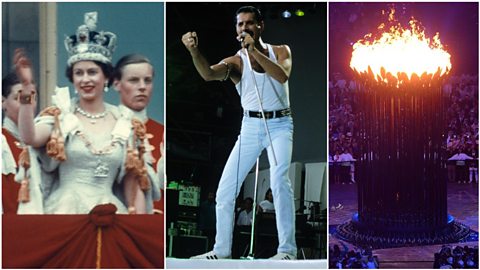The weeks leading up to a general election are jam-packed with opinion polls, campaigning and TV debates.
But taking place behind the scenes in every constituency is a full-scale operation in the democratic process. Officers and clerks are appointed, polling stations allocated and training given to all those who will be offering full, impartial assistance to the voters on polling day.
This is how their hard work over a near 24-hour period will see MPs elected across the UKās constituencies on 12 December.
6:30am: Opening up the polling station
In truth, the process begins prior to election day. Presiding officers, who run each polling station, must be appointed and trained, as will their poll clerks, who are there to help the public. The presiding officer post tends to go to someone with experience and a good knowledge of the voting process.
Poll clerk vacancies donāt require experience and the necessary knowledge comes through a training session. They are paid posts, and poll clerks can earn more than Ā£100 for their long shift, although the payment varies around the country. A polling station must be open to its staff by 6.30am at the latest, in order for voting to begin at 7am prompt.
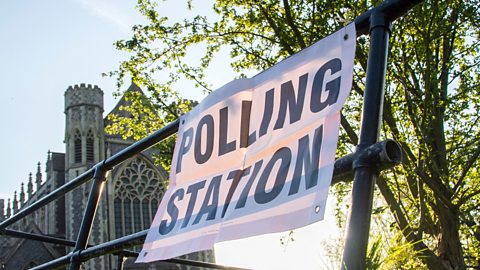
If it hasnāt been prepared beforehand, the time prior to opening also enables the team to get the official paperwork ready and lay out the polling equipment, including the booth, according to official guidelines. The Electoral Commission says a polling station should have a "business-like and friendly" atmosphere.
Prior to the ballot opening, the presiding officer, who has responsibility for the ballot box arriving safely at the polling station, must show all those assembled that the box (or boxes if there are more than one) is completely empty. The box is then closed and sealed in time for the first voting paper to be posted inside. The presiding officer answers to the returning officer, the person in charge of the electoral process in the constituency, and who will also declare the results of the ballot at the end of the day.
7am: Voting begins
The first voters must be greeted and welcomed inside when the doors open. Itās here the poll clerk will take each voterās name and check it against the official list to make sure they are eligible to vote. If everything corresponds, the voter is handed their ballot paper and directed towards the polling booth, where they cast their vote in secret before placing their paper in the ballot box.
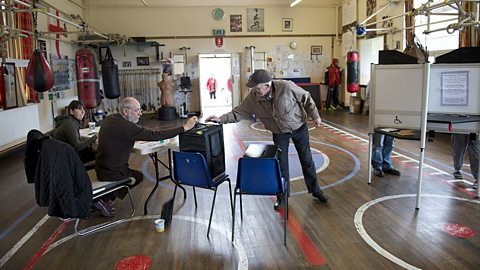
It's going to be a long one for polling station staff, who must now be on site until 10pm, when the poll closes. The Electoral Commission guidelines advise them to bring plenty of food and drink, wear comfortable clothing and take the occasional break - as long as they donāt leave the premises - to make the 15-hour-plus shift less of an endurance ride.
Pre-10pm: Adhering to democracy
Over the 15 hours that polling is open, the presiding officer and poll clerks ensure everyone is able to vote without interference or anyone trying to skew them towards a particular candidate.
That impartiality is taken incredibly seriously, even down to the clothes worn by staff. Any colours, badges or slogans which infer a bias towards a certain party are an absolute no-no.
Polling staff are also trained to help with any questions and incidents which may occur. For example, if you accidentally put your āxā in the box of a candidate you never meant to vote for, they can allocate a new voting paper - although your mistake (or āspoilt paperā) will have to be recorded.
10pm: The poll closes
Once 10pm strikes, anyone still in the queue to vote will be allowed to do so, but no newcomers may join the line. After 10pm, they have missed the opportunity to express their preference.
It is then up to the polling station staff to decide what to do with that queue of voters. If the venue is large enough, they are brought inside and the doors closed to stop latecomers attempting to vote. If the polling station is too small to allow that, a member of the team may mark the end of the queue by standing in it and stop anyone else joining.
Once the final ballots are posted, the team must dismantle the polling station while the ballot box or boxes is either delivered or collected to join the others in the constituency for the vote count.
Post-10pm: Votes are counted
Vacancies for ballot paper counters are advertised in the run-up to an election, although it is often existing council staff who carry out the role. In Sunderland, often the first to call a result on election night, they have been known to employ bank tellers, who are skilled in counting notes, to tot up the votes as quickly as possible. Vote counters must be politically neutral and have not campaigned for any party in the run-up to the election day, nor can they be related to any of the candidates.
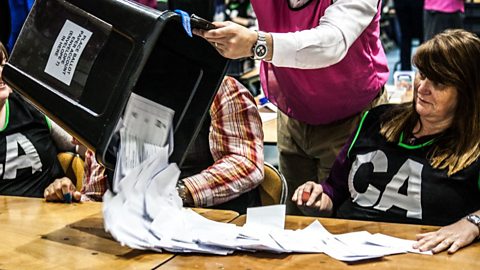
The returning officer, who is the first to know the result before declaring it officially, reveals it to the candidates and their agents. If itās a close-run vote, this gives the leading contenders the opportunity to call for a recount. If there is a tie for first place, the successful candidate is decided through the drawing of lots, overseen by the returning officer. While this has never happened at a general election, there have been ties at parish and local level in the past, including one council seat decided by the toss of a coin and one by the drawing of a straw.
Whether itās on the first count, the recount or the unlikely drawing of a name from a hat, the successful candidate will then be known, hopefully before dawn.
Even then itās not completely over. An election brings with it a lot of paperwork, which the returning officer must complete before their role in the democratic process has officially come to a conclusion. And by that time, everyone involved in keeping said process safely ticking over for another election deserves at least a sit down. And, perhaps, a cuppa.
How Pride went from politics to pop
The visibility march that gradually became about the headline acts.
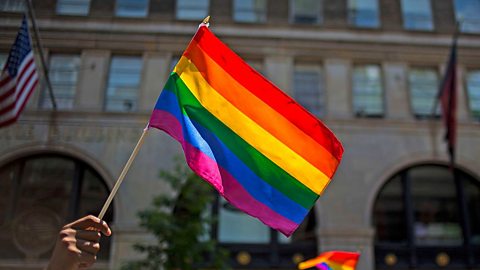
What do colour blind people see?
A footballer and politics professor talk about what it's like being colour blind.
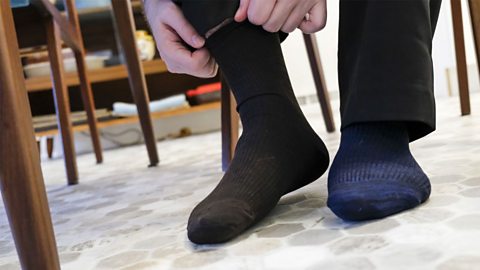
'The world was watching and I was there'
People who played a part in the Coronation, Live Aid and London 2012
